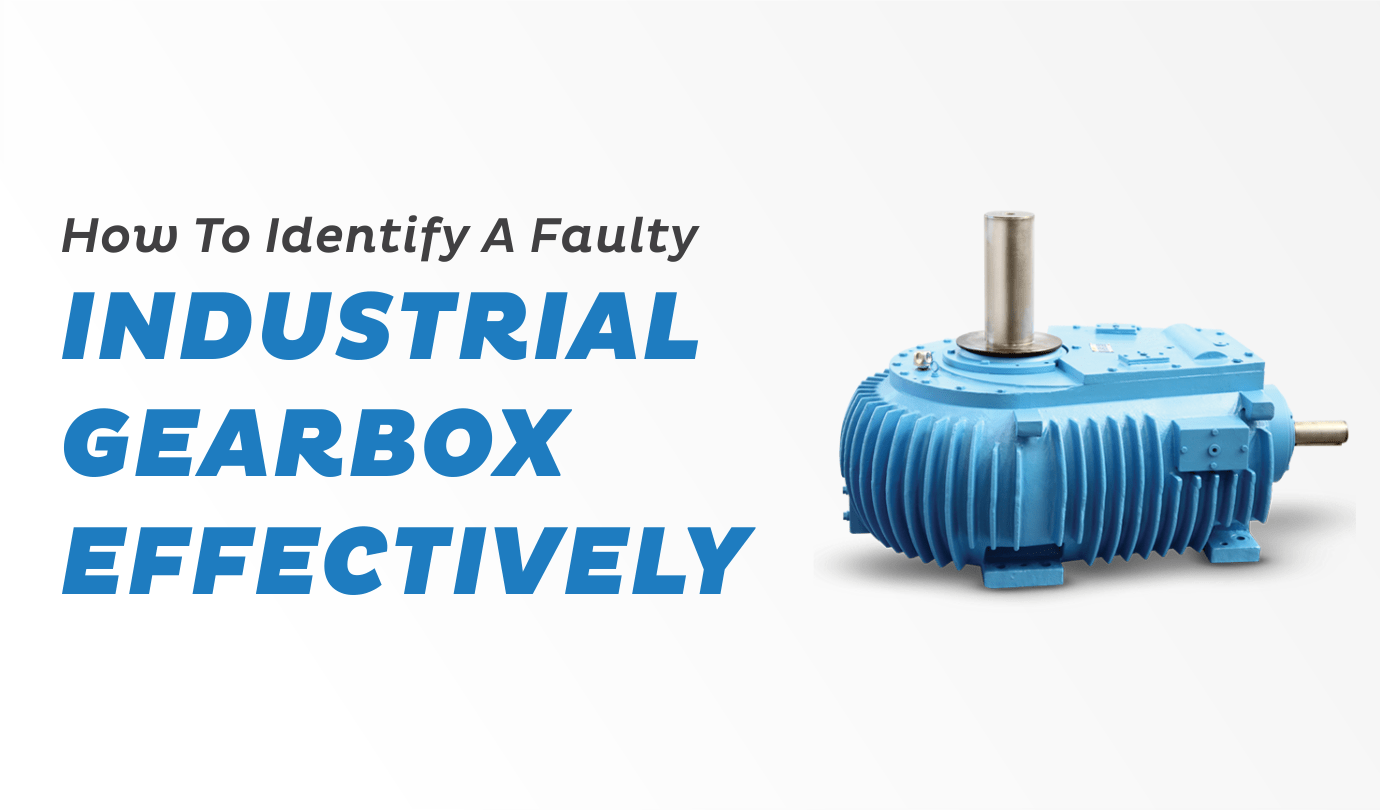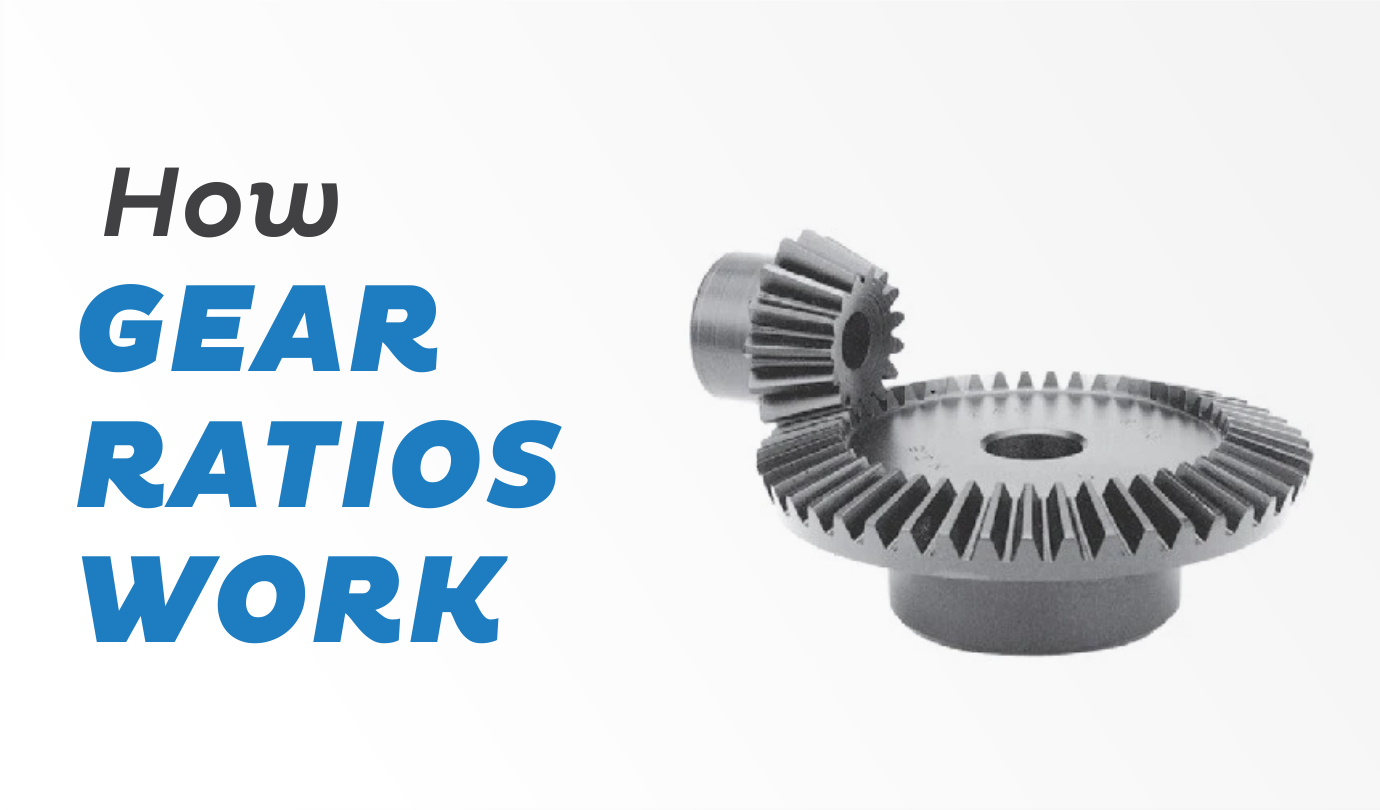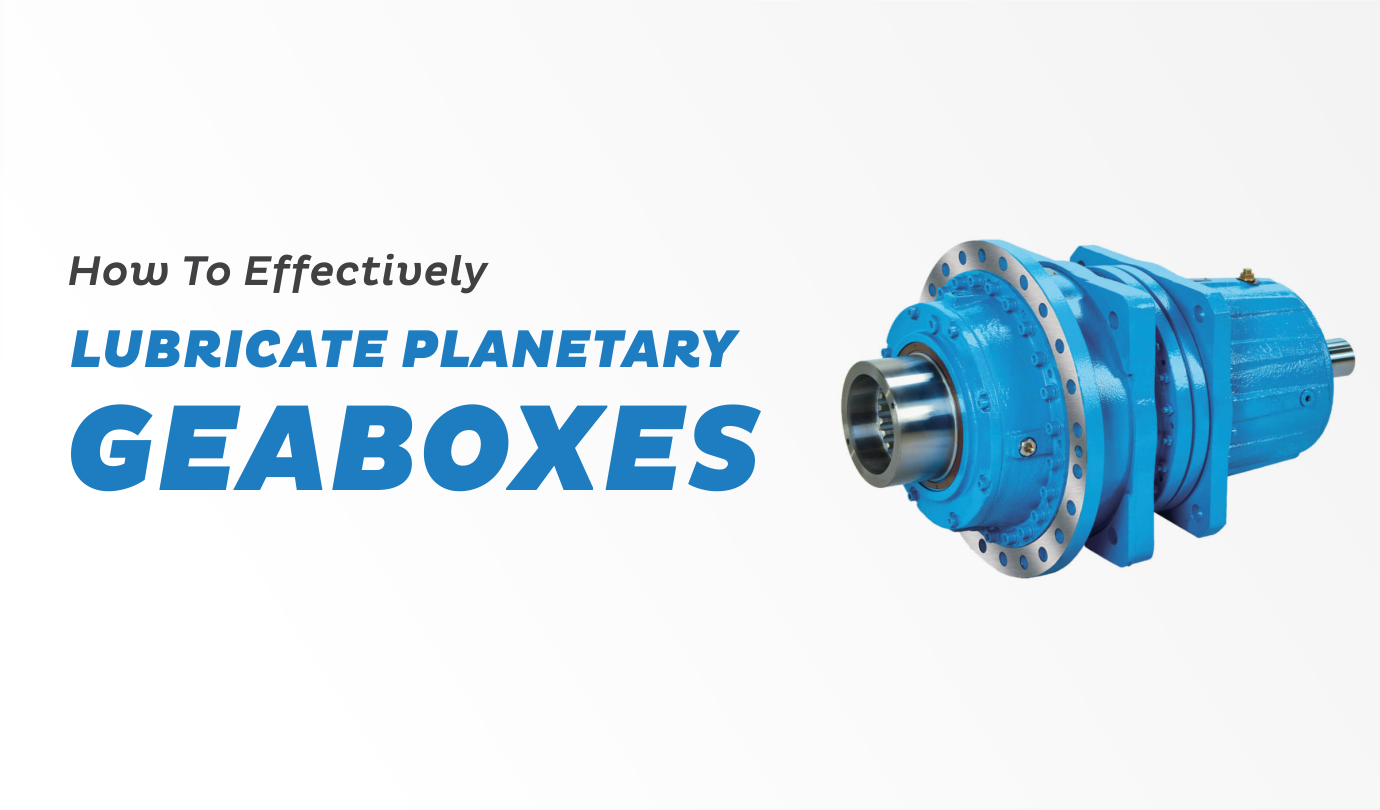Industrial gearboxes are robust equipment that can resist high temperatures, pressures, and abrasive environments. Unfortunately, due to their longevity, many individuals take their gearboxes for granted. Ignoring minor concerns might have disastrous consequences. Your industrial gearbox, like any other equipment, will alert you if there are any problems that must be handled.
Although a complete on-site gearbox examination is desired in many cases, factors like cost, time, accessibility, and skilled people may restrict the scope of the inspection.
Management may view the cost and downtime as prohibitive, yet identifying a problem in its early stages can save time and money in the long term. While a complete examination may appear to be too onerous, a simple visual check of gear contact patterns through an inspection port might avoid future catastrophic failures. If there is no in-house inspection knowledge, an expert can be recruited to do the examination and teach employees.
In this post, we’ll go through the warning indications of a malfunctioning gearbox. If your gearbox is displaying any of these symptoms, you should be concerned.
Noise
A malfunctioning gearbox can frequently begin to make sounds. These noises might be generated by pieces rattling or grinding against each other. Bearings, gears, and shafts wear and tear over time, and as they do, they make more loud noises.
It’s recommended examining your gearbox if you find it’s becoming louder than usual. Experienced engineers can utilise the kind of noise to pinpoint the source of the issue.
Loose motor mounts, for example, are frequently the source of banging and clunking noises, while defective bearings typically generate low-pitched rumbling noises and damaged gear teeth can give high-pitched screeches.
Overheating
Is there a considerable variation in the temperatures of your industrial gearbox’s housing and shaft? This might indicate that something isn’t operating properly.
Smoke emitted from shafts and seals, discoloration of surfaces caused by burning, and melting of plastic parts are all symptoms of an overheated gearbox.
Lubrication may not be operating properly. It should improve part life by cooling and decreasing friction. If that isn’t the case, overtightened bearings may be causing excessive friction and heat.
Cracks
If you see fractures or other apparent damage to your gearbox, you should have it inspected right away. This can be caused by vibrations that occur when the gearbox’s speed and torque are raised. Components that are loose, damaged, or improperly installed can vibrate violently, eventually causing damage to other parts or moving out of place.
Misalignment
Parts can become misaligned and migrate out of their proper location over time. Wear and tear, vibration, and heat expansion can all contribute to this. However, the source of the problem might have been at the time of installation.
If the fitted gearbox is not suitable for the job, it will cause issues later on. Similarly, if it is not properly installed, it is likely to fail considerably sooner.
Oil Spills
Examine your gearbox’s shaft seals. You have a problem if you observe oil starting to spill out. When the seals fail, oil leaks out, allowing water, dirt, and dust to enter.
Check your oil levels even if you can’t notice a leak. If they are suspiciously low, you may need to look elsewhere for a leak. Leaks can also be caused by faulty gaskets.
Keep Your Gearbox in Check With Premium Transmission
If transmission problems are left for too long, they can bring your production process to a complete halt. That’s why you need to keep your gearbox in check with regular maintenance.
Carry out inspections at regular intervals, and you can fix your gearbox issues right away. Moreover, to ensure your gearboxes are always in top form, it’s crucial for them to be made with high-quality material. So, to get industrial-grade gearboxes and for expert advice on how to maintain them, contact our professionals at Premium Transmission today!













